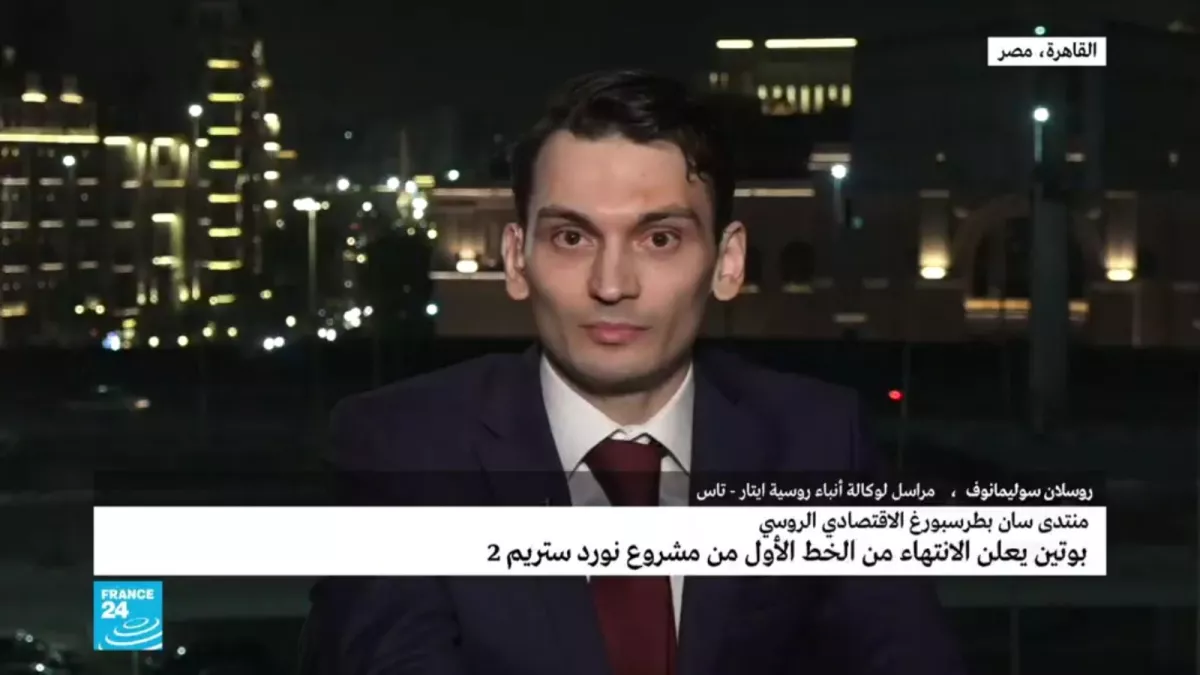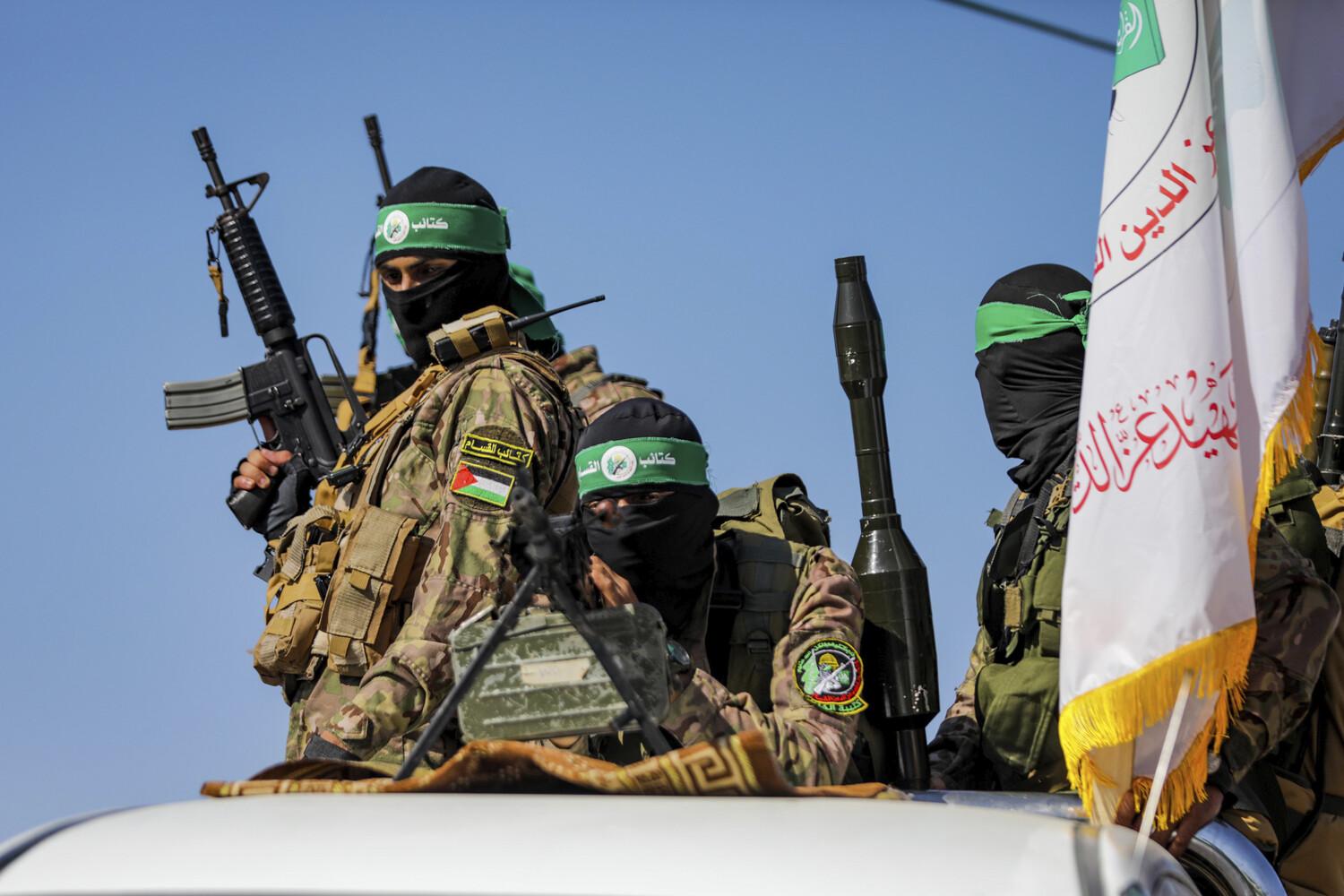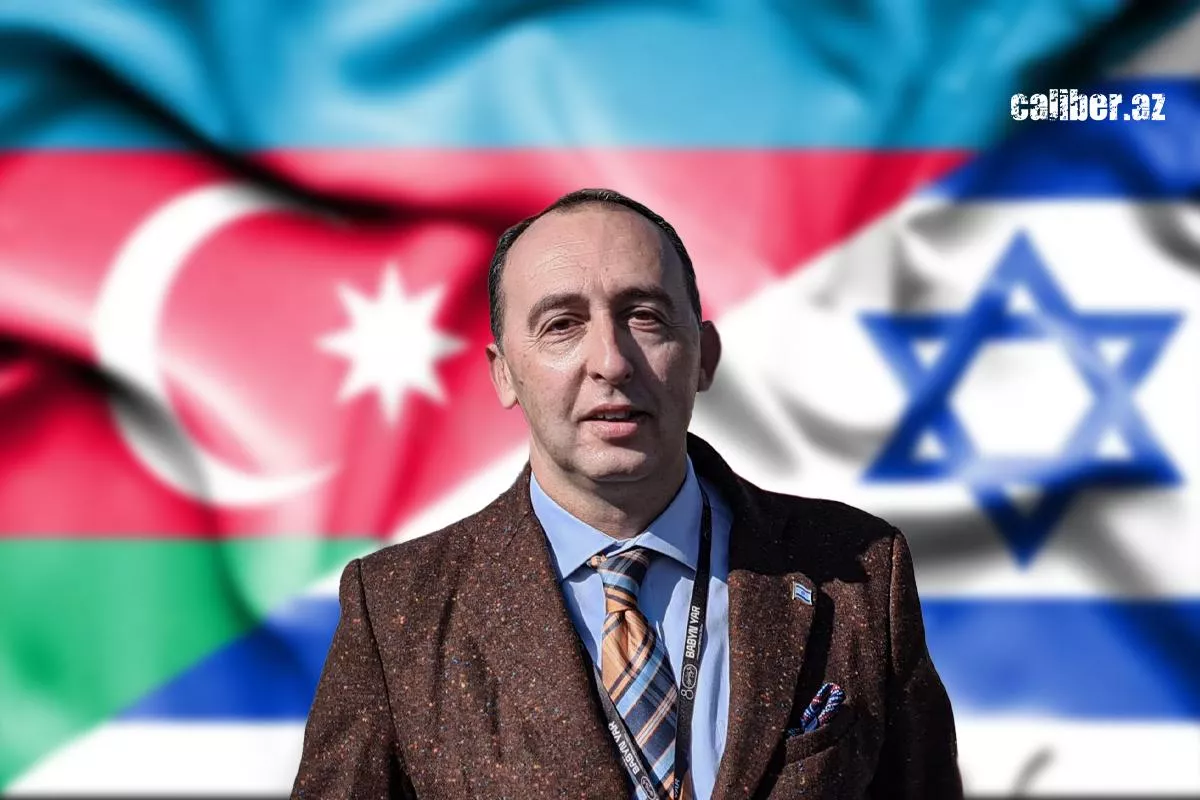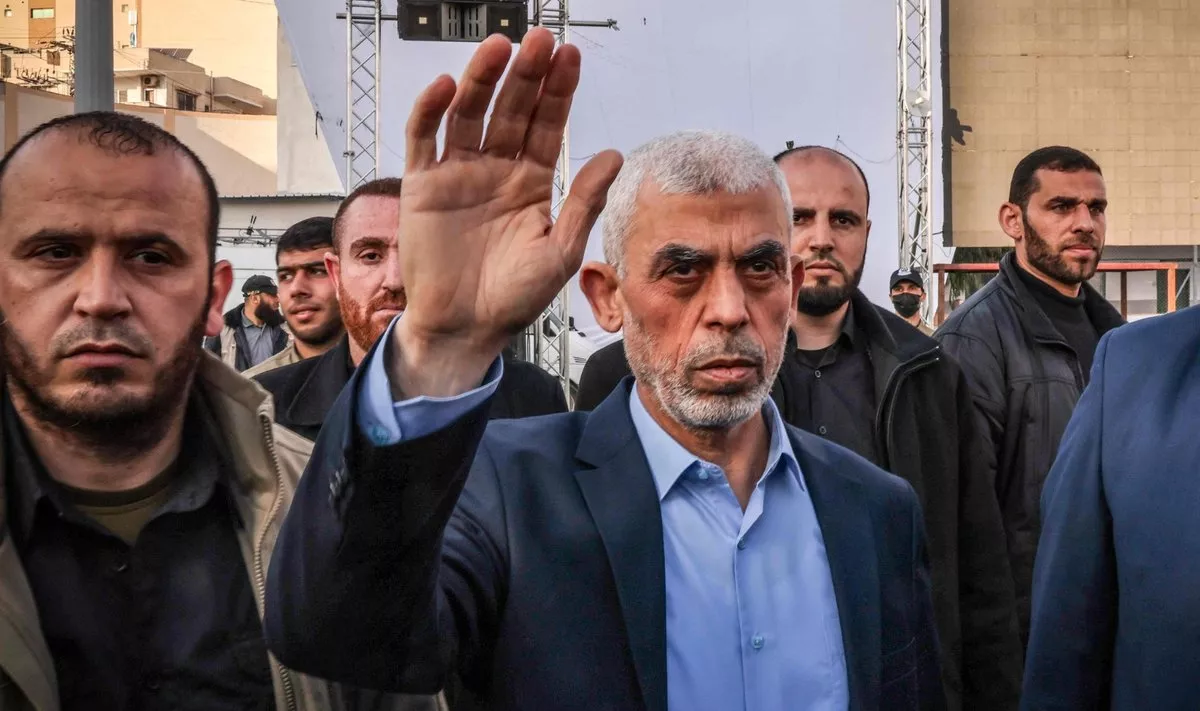Middle East on the verge of giant changes Expert opinions
The Israel Defense Forces (IDF) forces have eliminated Yahya Sinwar, the head of Hamas's political bureau, as announced by Israeli Foreign Minister Israel Katz, according to The Times of Israel. The IDF had informed the White House and the US National Security Council about this significant development, according to Sky News Arabia.
"The White House and the National Security Council were notified by the Israeli military about the operation that led to Sinwar's death," stated officials from the US Department of Defense.
After the order to commence the operation, the building housing Yahya Sinwar was destroyed.
Now, the crucial question is how Sinwar's elimination will impact the ongoing conflict between Israel and Hamas in the Gaza Strip. With Hamas effectively decapitated, are conditions ripe for a ceasefire? Could Hamas consider negotiations to release the Israeli hostages taken on October 7, 2023? What lies ahead for this organization?
Experts on the region provided answers to these critical questions for Caliber.Az.

Russian Orientalist and Middle East expert Ruslan Suleymanov states that the elimination of Yahya Sinwar is a turning point in the war.
"This is a significant blow to the Hamas movement, but it does not mean that it will cease to exist. Hamas continues its struggle against Israel throughout the Gaza Strip. There are still enough fighters; according to various estimates, this could be around two-thirds of Hamas's previous military strength. This means approximately 20,000 fighters who are still engaged in combat. Moreover, Hamas retains the ability to recruit new militants," the Orientalist noted.
He added another challenge for Israel is that Hamas is not merely a radical movement; it embodies an entire ideology of armed struggle.
"There have always been two perspectives within the Palestinian movement regarding how to engage in dialogue with Israel. One perspective advocates for diplomacy and agreements, while the other supports armed struggle. Over the past year, the idea of armed struggle has dominated, as many Palestinians believe it has been effective. This approach has exerted immense pressure on Israel, brought the Palestinian issue back onto the international agenda, and, moreover, led many countries, including some in the West, to recognize the state of Palestine. Thus, armed methods of struggle are more relevant than ever for them. Even with the elimination of Hamas's leadership, Israel does not address the core issue—the ideology of armed resistance to Israeli occupation is currently extremely popular among Palestinians," the expert stated.

Hamas still holds its main trump card—the Israeli hostages, he reminded.
"According to various estimates, there may be around 100 hostages, 50 of whom might already be dead. Hamas will maximize the use of this leverage. The lives of the hostages are now under even greater threat. Hamas may resort to public executions or any other extreme measures. However, Hamas will not surrender easily; it will continue bargaining and resisting, refusing to show any signs of weakness. Therefore, I do not expect that we will see any deal in the near future.
Much also depends on Israel. How willing is it to make concessions and declare victory (since the elimination of Sinwar is undoubtedly a victory)? Will this be enough for Netanyahu's cabinet? That remains an open question. Will they be satisfied with this, or will they push further, continuing the elimination of Hamas at the cost of Israeli hostages' lives?" Suleymanov asked.

As Israeli journalist and historian Shimon Briman explained, ironically, Israel's significant success—the elimination of Sinwar—was not achieved by special forces, air strikes, or advanced technologies, but rather through the actions of Israeli infantry.
"A cadet from the Ground Forces Command School noticed suspicious individuals moving from house to house in the Rafah area. He reported this to his commander, who ordered a tank to fire a warning shot at one of the houses. The suspicious individuals then moved to another house on the second floor. A mini-drone was dispatched for reconnaissance. The drone's camera captured a man sitting in a chair with his face wrapped and an injured arm, trying to fend off the drone with a wooden stick. The officer then commanded the tank to fire again, which resulted in the elimination of the terrorists. When the news of Sinwar's death came a few hours later, the cadet initially thought it was the special forces who were responsible, only to later realize that he had played a role in the defeat of Israel's number one enemy," the expert detailed.

In his opinion, a simple conclusion can be drawn from this entire situation: only by being physically present throughout the former Gaza Strip can the IDF ensure the complete defeat of Hamas.
"Let's remember that the Democratic administration in the US delayed the IDF's operation in Rafah for three months, threatening to halt arms supplies to Israel. It was only after the complete clearing of Rafah and the Israeli army's control over the Philadelphi Corridor that the physical elimination of the terrorist leader became possible and that arms supplies from the Egyptian Sinai to the Gaza Strip, which were meant to aid Hamas, were blocked. Now, riding the wave of this success, Israel needs to finish off Hamas rather than negotiate with it. Netanyahu clearly stated on October 17 that there will be no Hamas in Gaza—neither militarily nor politically. The organization responsible for the largest massacre of Jews since the Holocaust will be destroyed," the historian reminded.
According to him, the only option available is to offer security guarantees to Hamas members who surrender the Israeli hostages alive.
"It is likely that these militants will be guaranteed safe passage out of the Gaza Strip with the option to relocate to another part of the world in exchange for the return of Israeli citizens. Overall, the war initiated by Hamas a year ago is nearing a complete victory for Israel over the Islamists. Meanwhile, Lebanese Hezbollah is on the brink of defeat as well. And this is before Israel has retaliated against Iran. We are facing a New Middle East situation in which Tehran’s two tentacles—Hamas and Hezbollah—will be defeated, and the regime of the fanatical ayatollahs will face a series of blows that could potentially lead to its collapse. We are on the verge of giant changes that have not been seen in decades," Briman concludes.








